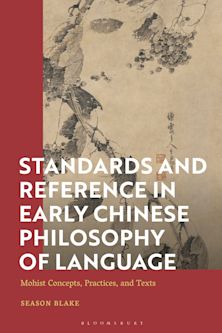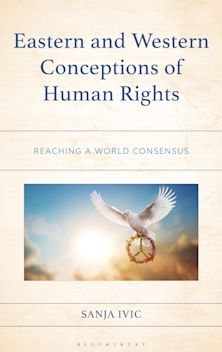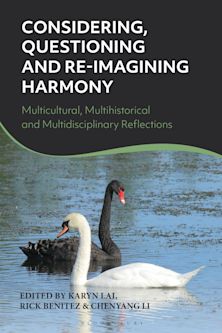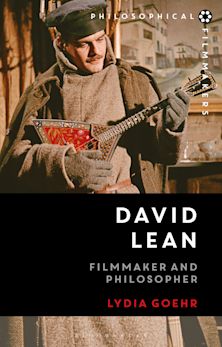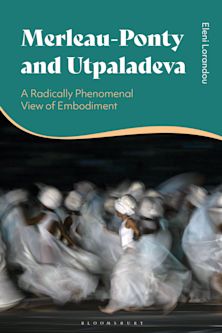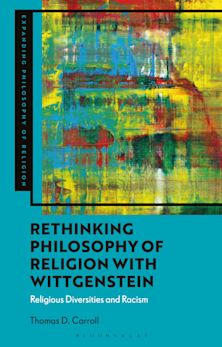This product is usually dispatched within 10 business days
- Delivery and returns info
-
Flat rate of $10.00 for shipping anywhere in Australia
Description
With the release of Parasite (2019), winner of the Palme d'Or and an Academy Award for Best Picture, the South Korean director Bong Joon Ho secured his place as one of his generation's leading filmmakers. While scholars and critics have long appreciated his penetrating critique of Korean society and global capitalism, this book presents the first cohesive philosophical analysis of his first seven feature-length films. It argues that Bong's cinema not only engages with philosophy, but is radically philosophical.
Writing as an intimate outsider to Korea, a “resident alien” married into a Korean family, and teaching at Bong's own alma mater, Anthony Curtis Adler explores Bong's visionary and re-visionary treatment of spatiality, temporality, myth, memory, genre, and the semiotics of monstrosity.
Adler argues that for Bong Joon Ho, cinema doubles the ambiguity of philosophy, presenting the aesthetic means to represent anarchic motions and movements. While it can capture and contain them, subordinating them to an overarching order, it can also free them to appear in their anarchy. From the humble apartment building of Barking Dogs Never Bite to the train in Snowpiercer and Parasite's mansion, Bong's films stage interior spaces as representations of a cinematic apparatus that is, ambiguously, site of both imprisonment and liberation.
Even while confronting globalism head-on, Bong's films never cease to engage with the specific challenges faced by modern Korea, and, above all, the struggle of the Korean people for political representation and economic justice.
Table of Contents
a. Why Bong Joon Ho?
b. Korean Cinema in an Age of Globalization
c. Bong Joon Ho as Philosophical Filmmaker
d. Overview of the Argument
e. A Personal Note on Hybrid Subjectivity
2. The Cinematic Apparatus of Philosophy
a. Cinema as Projection of Movement and Life
b. Plato's Visionary Spaces
c. Aristotle's Poetics and the Drama of Meaning
d. Psyche as Cinema
e. Scientific Objectivity as Cinematic Apparatus
3. Barking Dogs Never Bite
a. The Korean Apartment Complex as Visionary Space
b. Dog as Food, Friend, Foe: Civilization and Domestication
c. Endemic Corruption
d. Ambiguous Liberation
e. Nature and Sprawl
4. Memories of Murder, Mother
a. Cinematic Genre as Visionary Space
b. The Korean Countryside and the Logic of Sprawl
c. Memories of Murder, Cinematic Voyeurism and the Domestication of Violence
d. Mother and Murder: On Breaking the Umbilical Cord
e. The Tunnel and the Camera Lens
5. The Host, Okja
a. Philosophy, Cinema, and the Global Imaginary
b. The Host, Mutation as Genetic Sprawl
c. Okja, Genetic Engineering as Absolute Domestication
d. From Tunnels to Networks
e. Visionary Capitalism
6. Snowpiercer
a. Tunnel, Network, Train
b. Absolute Global Order as the Apotheosis of Visionary Capitalism
c. The Subversion of Plot
d. Civilization as Autophagy
e. Political-theology: The Hero, The Messiah, The Emperor
7. Parasite
a. Globalism Inside Out and Outside In
b. The House as Visionary Space
c. Civilization and its Parasites
d. Oedipus, Complexer
e. Scholar's Dreams
8. Conclusion: Crashing the Cinematic Apparatus of Philosophy
Product details

| Published | 22 Jan 2026 |
|---|---|
| Format | Paperback |
| Edition | 1st |
| Extent | 344 |
| ISBN | 9781350414662 |
| Imprint | Bloomsbury Academic |
| Dimensions | 216 x 138 mm |
| Series | Philosophical Filmmakers |
| Publisher | Bloomsbury Publishing |
Reviews

ONLINE RESOURCES
Bloomsbury Collections
This book is available on Bloomsbury Collections where your library has access.












